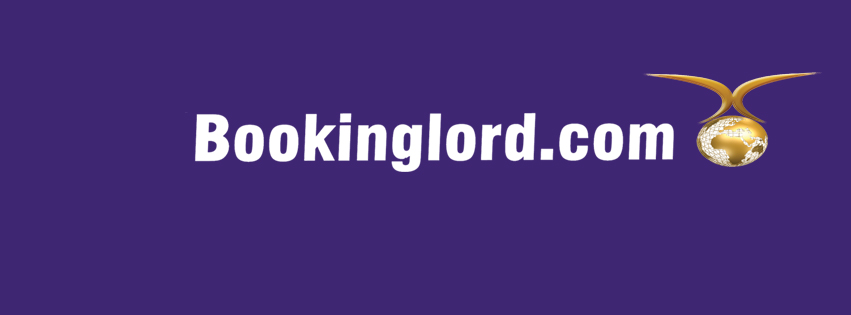 |
| Iranian celebrations after the nuclear deal |
Hotel operators have voiced their plans to enter the Iran market following Tuesday’s historic nuclear agreement, which willl see international sanctions lifted in exchange for Iran reducing its uranium enrichment capacity.
The deal —between Iran and the US, Britain, France, Russia, China and Germany — follows nine years of discussions, and according to Iran president Hassan Rouhani, has “opened a new chapter” in Iran’s relations with the world.
Prior to the Islamic Revolution in 1979, there were a number of international operators such as InterContinental Hotels Group (IHG), Hyatt, Hilton and Starwood operating in Iran.
However in recent years, they have been prohibited from signing deals due to sanctions, and deterred by negative media coverage on the country.
A lifting of sanctions is set to pave the way for the opening up of business and tourism.
Alex Kyriakidis, president and managing director Marriott International MEA commented: "We are pleased with the historic progress made regarding relations between Iran and the international community.
“At this time we do not have any hotels in Iran. However we will be watching carefully the status of trade sanctions. "
French operator AccorHotels is in advanced negotiations for two properties in Tehran under its ibis and Novotel brands.
Christophe Landais, managing director Accor Middle East told sister title Hotelier: “We expect the recent agreements to potentially open up tremendous opportunities and rapid growth for the hospitality and tourism industry in Iran.
“AccorHotels is well positioned to play a leading role in the development of the
hospitality and tourism industry throughout Iran.
“AccorHotels does not at present have any management agreements in place in Iran, however we are considering a number of potential opportunities across a broad range of segments."
UAE-based operators have also expressed their enthusiasm, with Rotana Hotel Management Corporation and Hospitality Management Holdings looking to capitalise on Iran’s tourism potential.
Rotana already has four properties under development in Iran and prides itself in being the first hotel group to announce expansion plans into the market in December 2013.
“It is important to note that signing the initial agreement in 2013 has resulted a surge in hotel occupancy levels, which increased by 36% versus 2013,” Omer Kaddouri, president & CEO of Rotana told Hotelier.
“Rotana has four properties currently under development, all of which will be opened under the company’s alcohol-free brand Rayhaan
Hotels & Resorts by Rotana.
“With the lifting of sanctions, we are sure that all developers and operators will be racing to secure their position in one of the world’s largest untapped markets.”
Rotana will open a 362-room hotel in 2017, and a 275-room property in 2018, both in the city of Mashhad.
Hospitality Management Holdings (HMH), another UAE-based operator, is also in “serious talks” with developers in Iran.
Laurent A. Voivenel, CEO of HMH said: “We welcome this new development with a great deal of enthusiasm. We have been watching the Iranian market very closely as it is one of the largest untapped markets especially in terms of hospitality.
“Being a market leader in the Halal-friendly segment in the Middle East, Iran holds enormous potential for brands such as ours.
“Therefore, we are a perfect partner for investors in Iran. We are already in serious talks with various developers and will be soon visiting the country to take our discussions forward.”
A recent report by TRI Consulting, Awaiting the Gold Rush: Exploring the Opportunities in Tehran’s Hotel Market, states that Iran has a lack of four- and five-star hotels and good quality accommodation.
The Tehran hotel market currently offers just 96 hotels, compared to neighbouring Dubai’s 657.
Only 16 of these are classified as four- and five-star, and so the potential opening of the market presents “enormous opportunities for the city’s untapped hotel market” the report explains.
The report highlights Iran’s tourism offerings, which includes 17 UNESCO World Heritage Sites, ski resorts, religious and archaeological sites, and a strong arts and crafts industry, which encompasses the sought-after Persian carpet.
The latest published data by the Iran government showed that 4.8 million foreign tourists arrived in the country for the fiscal year ending March 20, 2014 — an increase on the 2010 figure of 3.1 million.
By 2024, 5.2 million international visitors are expected, TRI Consulting’s report states.


























